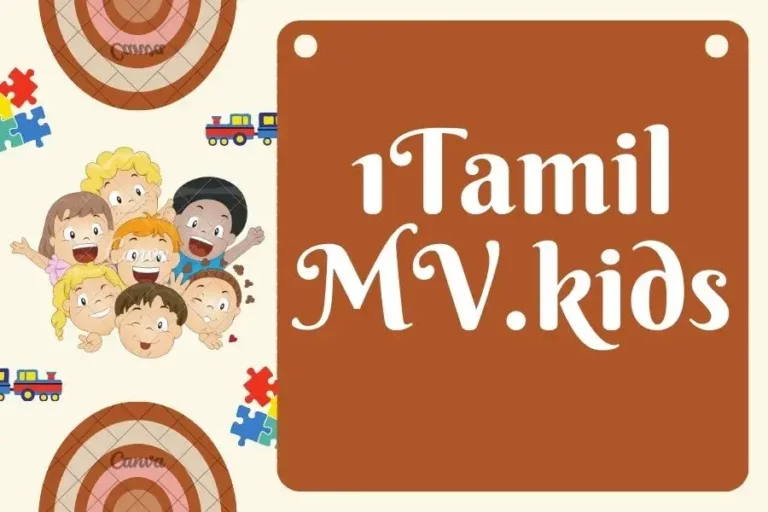The Pros and Cons of Primary Custody for Children and Parents

Have you ever wondered about the ins and outs of primary custody arrangements? Well, you’re in the right place! In this article, we’re going to dive into the world of primary custody, exploring its advantages and disadvantages for both children and parents.
Whether you’re a parent navigating custody decisions or just curious about how it all works, stick around to discover the full picture. Get ready to explore the highs and lows of primary custody in a conversational and informative way. Let’s jump right in!
Advantages of Primary Custody
From providing stability and routine to fostering stronger parent-child bonds, primary custody offers numerous benefits for children and parents alike. Let’s dive into its benefits:
Stability and Routine
Stability and routine in this custody mean that children have a steady and predictable life. They know what to expect each day, like when to eat, sleep, and go to school. This consistency helps them feel safe and secure.
Stronger Parent-Child Bond
This strong bond between parent and child makes it easier for the child to share their feelings and thoughts without fear. It also helps them trust their parent more and feel closer to them. This sets a strong base for healthy relationships later in life.
Decision-Making Authority
The parent who has primary custody usually gets to decide important things like where the child goes to school and what doctor they see when they’re sick. This helps keep things simple and consistent for the child, so they can focus on learning and staying healthy.
Financial Support
This financial support helps cover things like school supplies, clothes, and other important expenses for the child. It ensures that the child has what they need to thrive, even if they’re primarily living with one parent.
Disadvantages of Primary Custody
As we think about the good parts of primary custody, it’s important to think about the not-so-good parts too. Here are some of the most common ones:
Limited Time With Non-Custodial Parent
This longing for the non-custodial parent can sometimes make the child feel sad or lonely, especially if they don’t get to see them as often as they’d like. It’s important for parents to find ways to maintain a strong connection and make the most of the time they have together.
Emotional Strain on Parents
The parent with primary custody usually has to take care of most of the day-to-day tasks and decisions, which can be really tiring and stressful. This can make it hard for them to find time for themselves and can sometimes leave them feeling overwhelmed or worn out.
Potential Conflict
These custody arrangements can sometimes cause arguments between parents, especially if they don’t agree on things like how to raise the child or when the other parent can visit. This conflict can make it harder for everyone involved to focus on what’s best for the child and can create tension in the family. When this happens, it’s essential to seek help from a local divorce attorney to help you find the right solutions.
Choosing Primary Custody Wisely
Having primary custody means the child has a stable home and a close relationship with one parent. However, it can also mean they don’t see the other parent much and the one taking care of them might feel more stressed.
The best choice for primary custody depends on each family’s situation. By thinking carefully about the good and bad parts, parents can choose what will make their child happiest and safest in the long run.





